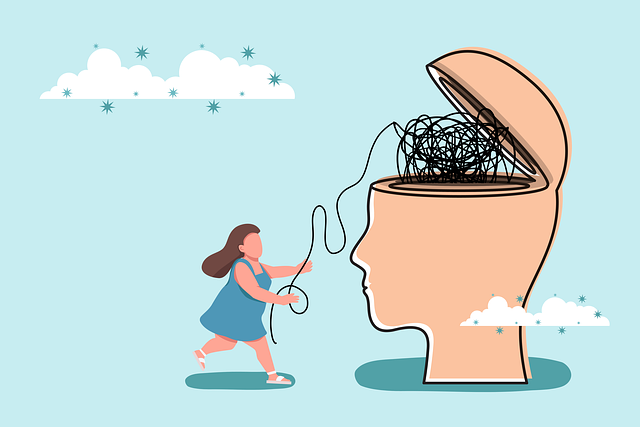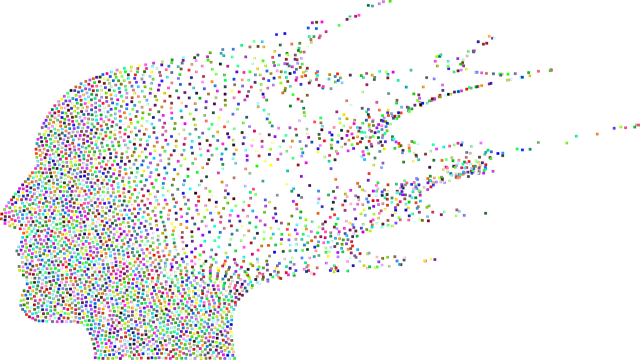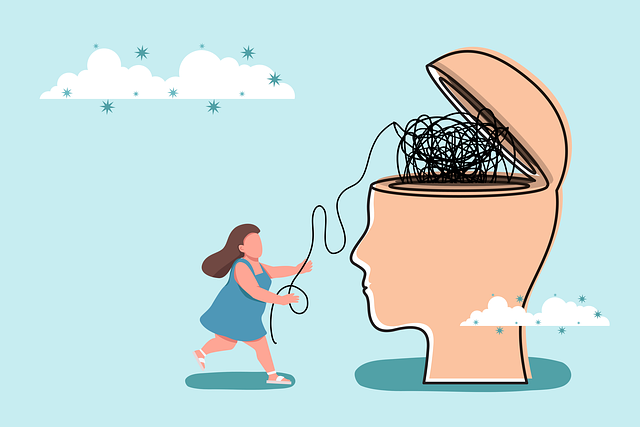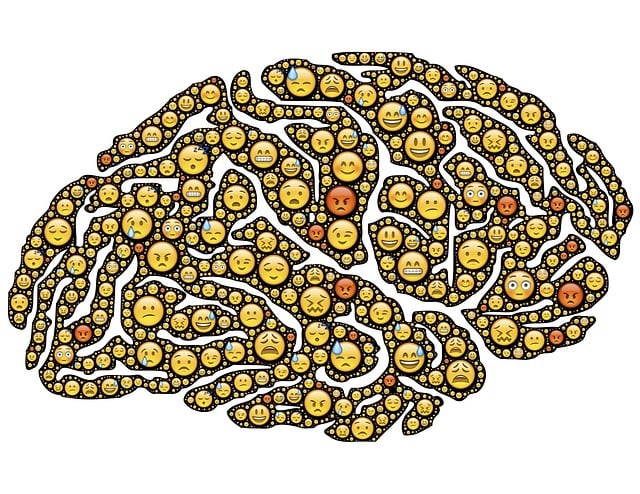The mental health community is adapting to address the specific challenges faced by elderly individuals, particularly in the context of spiritual-religious issues. As society ages, understanding and managing crises among seniors is crucial due to factors like isolation, chronic illnesses, and loss. Spiritual beliefs offer vital coping mechanisms and conflict resolution strategies. Incorporating spiritual-religious considerations in therapy and encouraging emotional regulation through journaling are essential for holistic care. For crisis hotlines, spiritual guidance is critical, providing tailored comfort and meaning beyond psychological symptoms. Effective therapy tailors approaches to unique challenges, using art, music, mindfulness, and faith integration while maintaining non-judgmental spaces and risk assessment for professional safety.
In today’s fast-paced world, mental health crises among the elderly are on the rise. Understanding these crises and providing effective support is crucial. This article delves into the critical role of hotline services in addressing this growing concern. We explore the unique challenges faced by elders and the potential of spiritual-religious support in crisis interventions. Additionally, we highlight successful therapy approaches tailored to meet their specific needs, focusing on evidence-based methods for overcoming mental health barriers related to spiritual-religious issues.
- Understanding Elderly Mental Health Crises: A Growing Concern
- The Role of Spiritual-Religious Support in Crisis Hotlines
- Effective Therapy Approaches for Elders on Hotline Services
Understanding Elderly Mental Health Crises: A Growing Concern

The mental health landscape is evolving, with an increasing recognition of elderly individuals’ unique challenges and needs. As our society ages, understanding and addressing mental health crises among seniors has become a growing concern. Elderly people often face complex factors contributing to their psychological well-being, including social isolation, chronic illnesses, and the loss of loved ones. These experiences can significantly impact their emotional regulation and mental wellness, leading to heightened vulnerability during times of crisis.
Spiritual and religious issues also play a significant role in an elderly person’s mental health journey. Many seniors find solace and meaning through faith-based practices, which can serve as powerful tools for coping with stress and conflict resolution techniques. Providing therapy for elders that incorporates spiritual-religious considerations is essential in meeting their holistic needs. Additionally, encouraging emotional regulation through journaling exercises can offer a safe space for them to process their thoughts and experiences, fostering overall mental wellness guidance.
The Role of Spiritual-Religious Support in Crisis Hotlines

In the realm of mental health crisis hotline support services, spiritual-religious guidance plays a pivotal role in offering holistic care. Many individuals seek help for issues that extend beyond psychological symptoms; they often include profound existential questions and a search for meaning. Therapy for elders with spiritual-religious concerns requires specialized knowledge to address these unique needs. Hotline counselors equipped with this understanding can provide comfort, hope, and guidance tailored to the individual’s faith or cultural beliefs, enhancing the overall effectiveness of crisis support.
Cultural sensitivity in mental healthcare practice is integral to creating a safe space where individuals feel understood and respected. By incorporating spiritual-religious support, hotlines cater to diverse populations, ensuring that no one feels left behind during times of crisis. Whether it’s facilitating conversations about faith, offering prayers or blessings (as appropriate), or simply allowing for moments of silent reflection, these services can significantly contribute to mood management and self-awareness exercises, ultimately fostering better emotional resilience.
Effective Therapy Approaches for Elders on Hotline Services

Effective therapy approaches tailored to elders’ unique needs are vital for hotline services to provide meaningful support. Many older adults carry a wealth of life experiences and may face specific challenges, such as loneliness, loss, or spiritual-religious issues. Incorporating holistic strategies like art therapy, music therapy, and mindfulness practices can engage elders and enhance their therapeutic journey. These methods not only address emotional concerns but also foster self-esteem improvement and promote mental wellness.
When handling sensitive topics like spiritual-religious issues, hotline counselors should create a safe, non-judgmental space for exploration. This could involve integrating the client’s faith into therapy or referring them to specialists who can provide guidance on religious matters. Additionally, risk assessment for mental health professionals is crucial to ensure both the counselor’s well-being and the client’s safety during these emotionally charged conversations. A well-rounded approach that considers individual beliefs and incorporates evidence-based techniques can significantly benefit elders accessing hotline support services.
In addressing mental health crises among the elderly, hotline support services play a vital role in providing immediate assistance and effective therapy. By incorporating spiritual-religious support, these hotlines offer a holistic approach tailored to the unique needs of elders, focusing on evidence-based practices such as cognitive behavioral therapy and mindfulness techniques. This comprehensive care ensures that individuals receive not just temporary relief but also long-lasting tools for managing their mental health. Enhancing access to such services is crucial in mitigating the growing concern of elderly mental health crises and fostering better overall well-being.














